Overview
The disparities in achievement and access for marginalized students are well documented, but there remains a lack of attention to what to do with this knowledge and how to measure the impact of improvement efforts beyond pass rates and demographics. While many university mathematics departments value providing diverse, equitable, and inclusive (DEI) student experiences, the faculty often do not have the professional training to engage with DEI work or measure its progress, which can lead to disengagement from these initiatives.
ACT UP (a $1.5 million grant from the National Science Foundation) aims to conduct foundational research to identify the mechanisms and structures that best support mathematics stakeholders in making data-informed decisions to promote DEI and critically transform introductory mathematics courses and programs. This project builds on the strength of two prior national studies of introductory mathematics programs, Progress through Calculus and Student Engagement in Mathematics through an Institutional Network for Active Learning (SEMINAL). Three undergraduate mathematics department teams will work in partnership with educational researchers to analyze their local data, in comparison to the national sample.
In partnership with: California State University East Bay, Clemson University, Colorado State University, Duke University, and Kennesaw State University
Register Today for Critical Approaches to Equity
Workshop based on ACT UP Math materials and findings

Is your mathematics department seeking to improve student grades and retention? Have you seen local data that show inequitable student outcomes from mathematics courses? How can a mathematics instructor respond to these complex situations?
Participants will explore their local systems and current data, making plans for forming local transformation teams with equity-focused goals that will draw on data spanning student achievement, experience, and student access, and also students’ mathematics identities and both classroom and department power dynamics.
This workshop is an MAA OPEN Math event and sponsored by NSF
Goals
1
Conducting basic, use-inspired foundational research related to departments’ use of data in their equity work with the goal of shifting the focus from strictly student outcomes to also include consideration of students’ lived experiences in introductory mathematics courses, leading to critical transformations.
2
Studying the enactment of networked improvement communities involving educational researchers and mathematics department stakeholders, aiming to increase the effectiveness and impact of mathematics departments’ uses of data to improve diversity, equity and inclusion.
3
Interrogating the mechanisms underlying data-informed decision-making with key mathematics department stakeholders to critically address topics and issues of diversity, equity, and inclusion in their introductory mathematics programs.
STEM stakeholders are aware of the differences in mathematics outcomes among students of different races, socio-economic statuses, genders, and other identities, and stakeholders need support to develop more nuanced understandings of the factors contributing to these differences and to translate their understanding into action.
Cited Work
Workshops
Funk, R. & Quaisley, K. (upcoming, 2024, March). Using institutional data to guide efforts toward equity and inclusion [workshop]. MAA MSI Leadership Summit 2024.
Journal Articles
Bolick, M.A., & Voigt, M. (2023). Using Interactive Data Dashboards to Address Diversity, Equity, and Inclusion in Introductory Math Programs. MAA Focus, 43(6), 14-17. Retrieved from: http://digitaleditions.walsworthprintgroup.com/publication/?m=7656&i=809747&p=14&ver=html5
Presentations
Bennett, A. B., Funk, R., & Smith, W. M. (2023, September). ACT UP Math: Critical approaches. Presentation to the Mathematics Education Doctoral Seminar, University of Nebraska-Lincoln. Lincoln, Nebraska and online.
Hagman, J.E., (2023, October). Supporting Equity Through Coordination in Calculus: Balancing Fairness with Justice, Department of Mathematics Education, Cal Poly Pomona.
Smith, W. M. (September, 2023). Chairs and Directors Workshop: Leading Department Change to Improve Teaching and Learning. Invited presentation to the University of Nebraska-Lincoln's College of Arts and Sciences chairs and directors.
Smith, W. M. (October, 2023). Partnerships for change: Disrupting historical power dynamics to transform STEM teaching and learning. Presentation to the Clemson Seminar in Engineering and Science Education, online.
Smith, W. M. (November, 2023). Research on partnerships to support transfer students. Invited presentation to the annual conference of the American Mathematical Association of Two Year Colleges (AMATYC), Omaha, Nebraska.
Tremaine, R. (2023, October). Exploring motives for equity reform in undergraduate mathematics education. Presentation to the Mathematics Education Doctoral Seminar, University of Nebraska-Lincoln. Lincoln, Nebraska and online.
Voigt, M. (2023, Sept.) Engaging in Critical Transformation of Math Programs to Disrupt the System. [Invited Speaker] Teaching and Learning Seminar, Department of Mathematics. North Carolina State University: Charlotte, NC
Participating Sites
Three universities were chosen in order to represent a variety of institution types, along with their readiness to engage with DEI issues in their undergraduate programs:

California State University East Bay
CSU East Bay is a public Master’s degree-granting university with moderate research activity and is one of the most diverse higher education institutions among the participating SEMINAL sites.
Local Leaders
- Simone Sisneros-Thiry
- Julia Olkin
- Andrea Arauza Rivera

Duke University
Duke University is a private not-for-profit highly-selective doctoral degree-granting university that is research-intensive, located in North Carolina. Introductory math courses at Duke are taught primarily in large courses taught by teaching faculty with a group-work focused recitation once a week led by a graduate teaching assistant.
Local Leaders
- Tori Akin
- Shira Viel
- Maria Tackett
Kennesaw State University
Kennesaw State University is a public, doctoral degree-granting, comprehensive university with an R2 Carnegie classification located in Georgia. As a participating SEMINAL site, most math courses are taught in small classes with some faculty using active learning strategies.
Local Leaders
- Kadian Callahan
- Benjamin Sloop
- Katie Christensen
Research Team




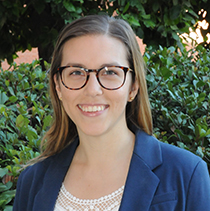
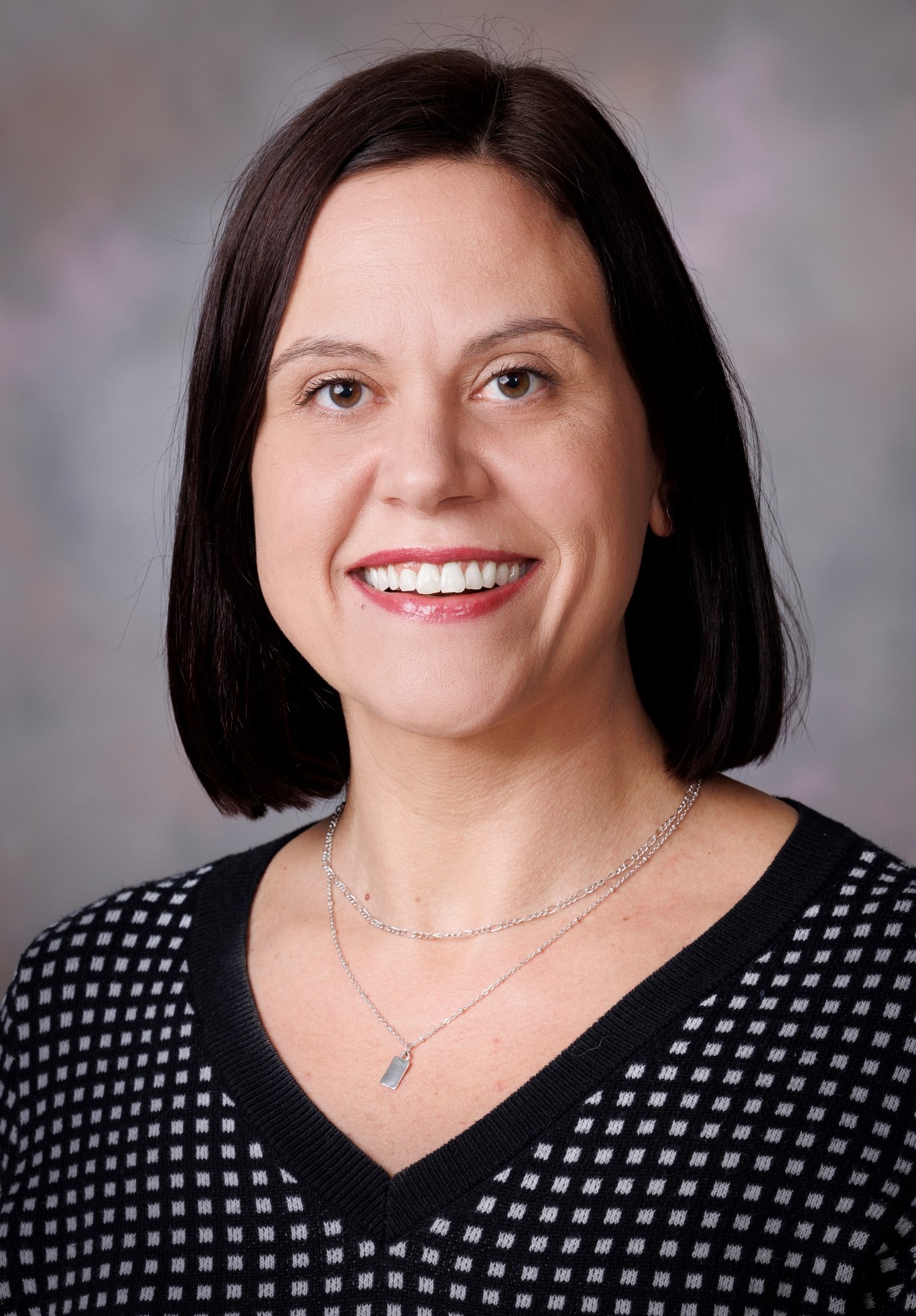

Rachel Funk
University of Nebraska-Lincoln
Project Manager and Research Scientist


Abbey D'Ovidio Long
University of Nebraska-Lincoln
Graduate Research Associate

Simone Sisneros-Thiry
California State University East Bay
simone.sisnerosthiry@csueastbay.edu
Senior Personnel
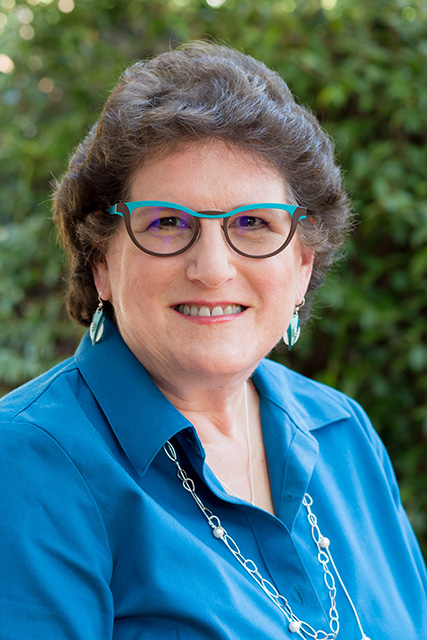
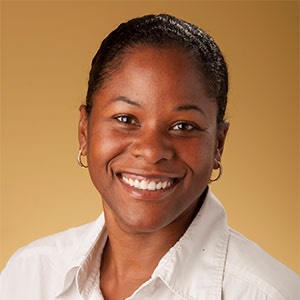




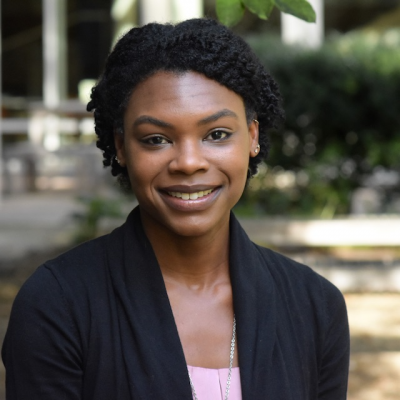



Kaylee Fantin-Hardesty
Colorado State University
kaylee.fantinhardesty@colostate.edu
Graduate Research Associate
External Advisor
Dr. Chris Jett is our external advisor, serving as a critical friend to help center and strengthen our implementation of criticality.

Chris Jett
Georgia State University
Associate Professor
 ACT UP Math is supported in part by a grant from the National Science Foundation (DUE-2201486). All ACT UP Math activities and findings are those of the authors and do not necessarily reflect the views of the funding agency.
ACT UP Math is supported in part by a grant from the National Science Foundation (DUE-2201486). All ACT UP Math activities and findings are those of the authors and do not necessarily reflect the views of the funding agency.

